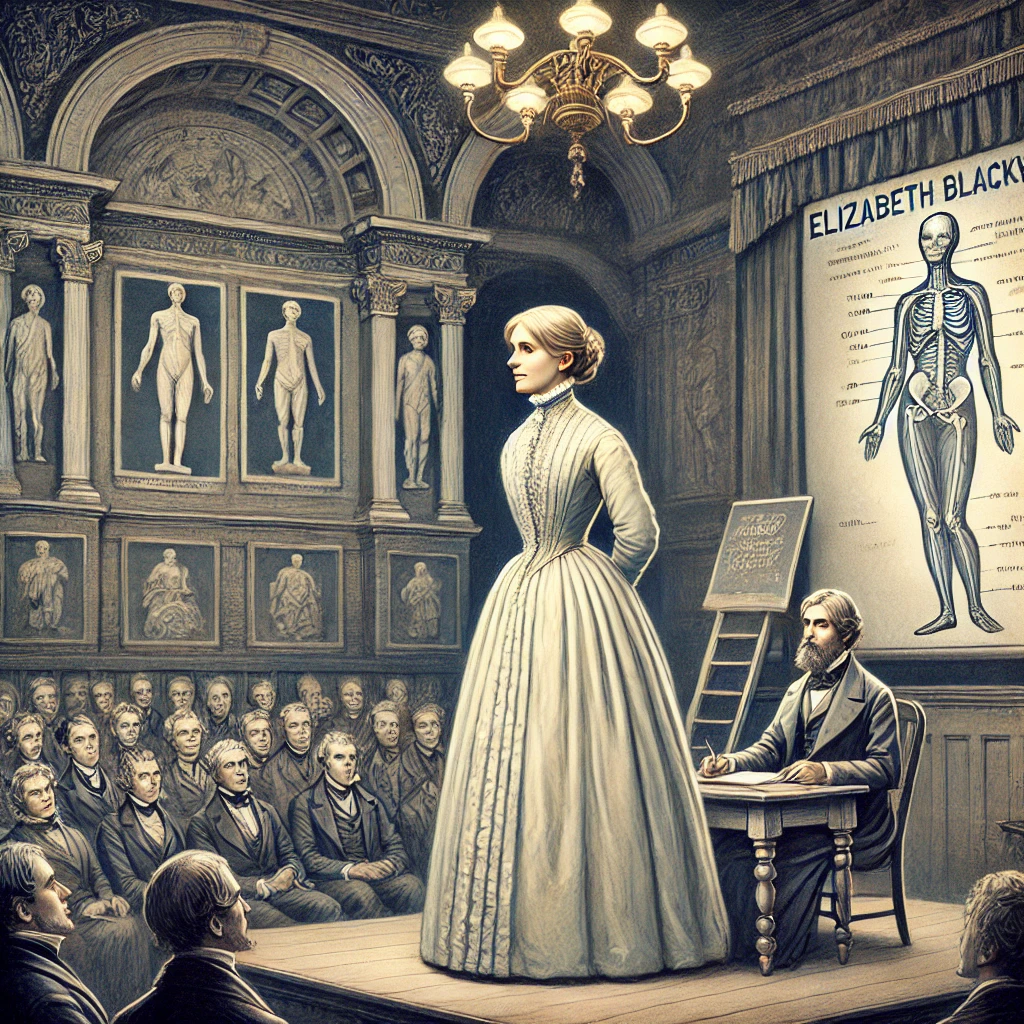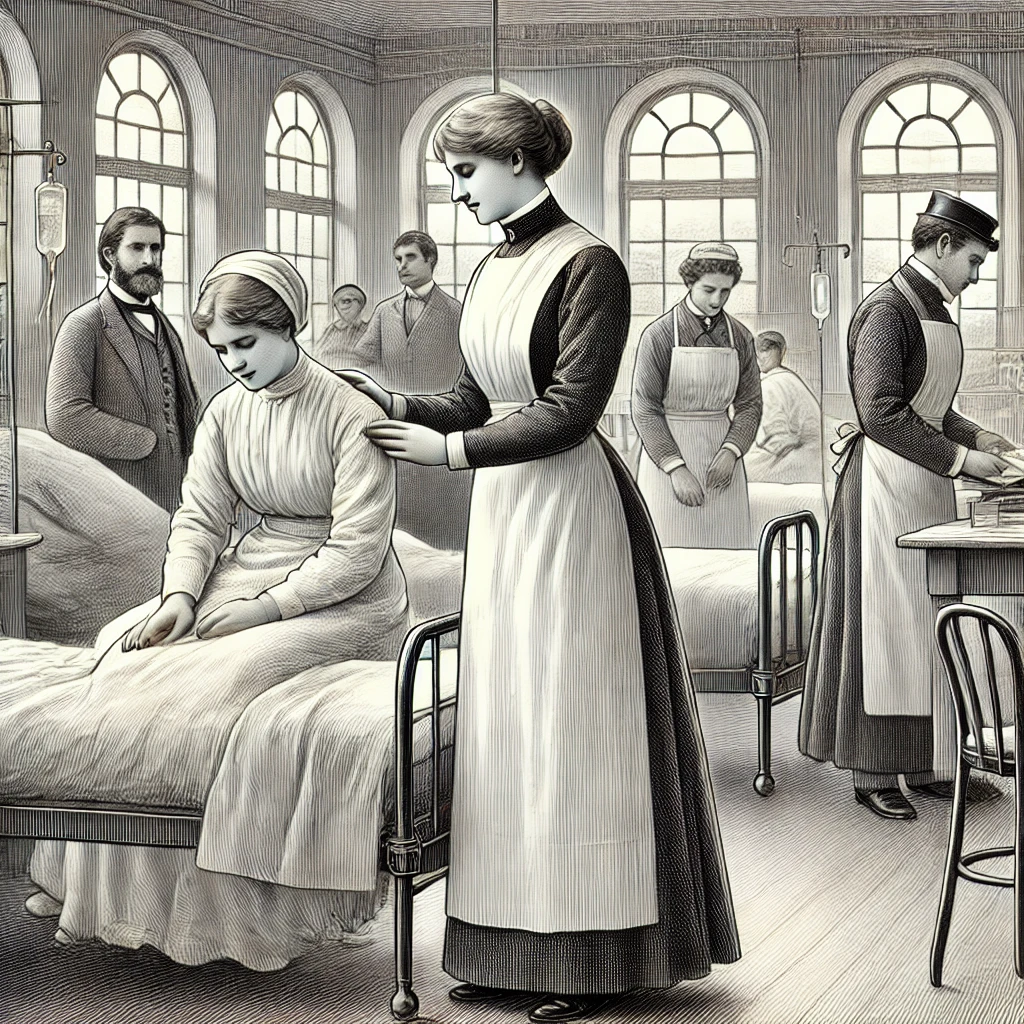A trailblazing moment in medical history occurred on January 23, 1849, as Elizabeth Blackwell became the first woman in the United States to receive a medical degree. This groundbreaking achievement not only marked a pivotal point for women in medicine but also symbolized a broader shift in societal attitudes toward gender and professional equality. Her determination and perseverance set the stage for generations of female physicians to follow.

The Journey to Becoming a Doctor
Elizabeth Blackwell’s path to her medical degree was anything but easy. Born in England in 1821, she moved to the United States with her family during her youth. Initially, Blackwell had no aspirations to become a doctor, but a friend’s deathbed wish that a female physician had been available to provide care inspired her to pursue medicine. However, societal norms and institutional barriers of the 19th century presented significant challenges. Women were largely excluded from professional education, and the idea of a woman practicing medicine was considered radical.
After being rejected by multiple medical schools, Blackwell was finally accepted by Geneva Medical College in New York. Even then, her admission was treated as a joke by the all-male student body, who thought the idea of a female student was absurd. Despite facing ridicule and skepticism from peers and professors alike, Blackwell excelled academically and graduated at the top of her class.
Pioneering Change in Healthcare

Elizabeth Blackwell’s accomplishment shattered the glass ceiling in medicine. After earning her degree, she traveled to Europe to further her education, studying at prominent hospitals in London and Paris. While abroad, she also faced sexism and was often relegated to midwifery or nursing roles. Nevertheless, Blackwell’s experiences only strengthened her resolve to create opportunities for other women in medicine.
In 1857, Blackwell co-founded the New York Infirmary for Women and Children, which served as both a hospital and a training facility for female medical students. This institution provided crucial healthcare services to underserved populations and became a beacon of progress in medical education. Blackwell later went on to establish the Women’s Medical College of the New York Infirmary in 1868, ensuring that women could access quality medical training.
A Legacy of Empowerment
The significance of Elizabeth Blackwell’s achievement extends far beyond her time. Her determination to challenge societal norms inspired a wave of women to pursue careers in medicine, law, and other male-dominated fields. By the late 19th and early 20th centuries, the number of women in medical schools steadily increased, a trend that continues today.
Blackwell also advocated for public health reform, promoting hygiene and preventive medicine. Her writings and lectures emphasized the importance of community health and the unique perspective women could bring to the medical field. Her legacy is reflected in the increasing diversity of healthcare professionals and the emphasis on equal access to education.
The Lasting Impact of a Trailblazer

Today, Elizabeth Blackwell’s influence is evident in the growing number of women practicing medicine worldwide. According to recent statistics, women now make up nearly half of medical school enrollees in the United States. Organizations such as the American Medical Women’s Association and initiatives supporting gender equity in healthcare can trace their roots to the path she blazed.
Elizabeth Blackwell’s journey remains a testament to the power of perseverance and the importance of challenging the status quo. Her story reminds us that barriers, no matter how formidable, can be dismantled through determination, courage, and a commitment to progress. As we celebrate her remarkable achievement, we honor not only her legacy but also the countless women who continue to advance her vision of equality in medicine and beyond.
